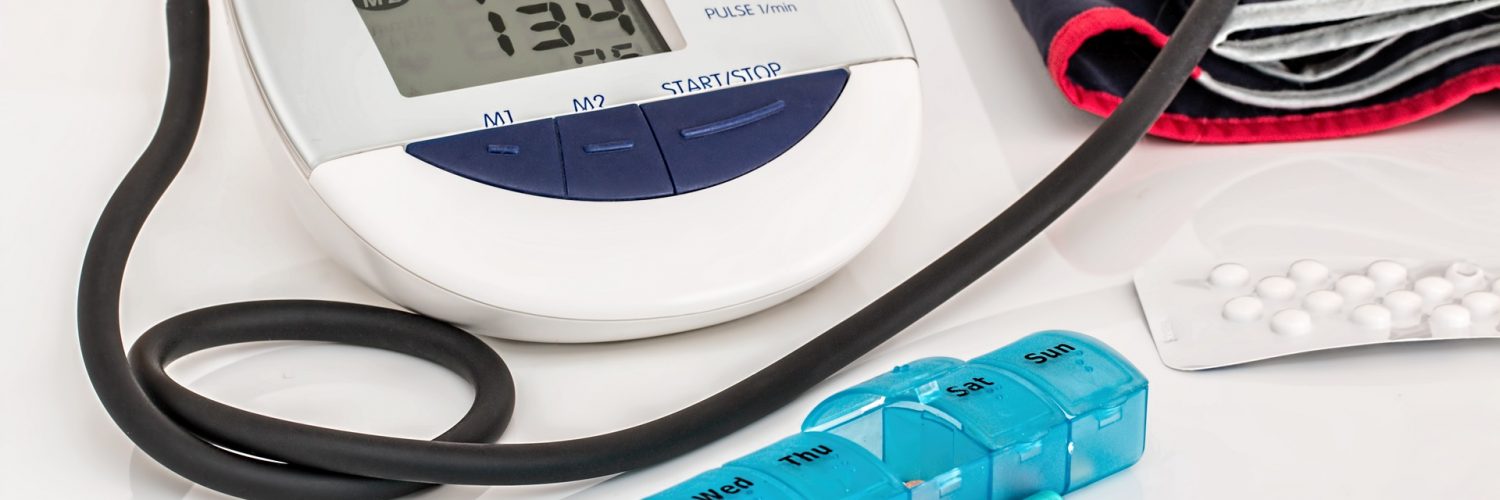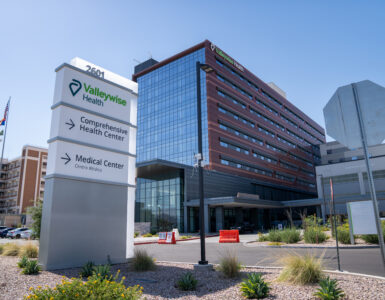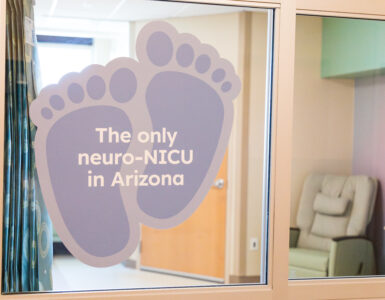Americans are facing a variety of issues when it comes to health care, between the primary care physician shortage and rising costs.
Arizona is currently facing a primary care physician (PCP) shortage, and according to the Robert Graham Center, Arizona will need an additional 1,941 PCPs by 2030. The state had 3,808 PCPs in 2010, so it would need to see a 50 percent increase.
Health care cost is also an issue with 69 percent of Americans saying it’s a top priority in 2019, according to Pew Research Center.
To help combat both issues, multiple organizations are attempting to remove health care barriers by increasing access to affordable health care across the state.
University of Arizona Mobile Health Program
The University of Arizona Mobile Health Program, part of the UA Department of Family and Community Medicine, began expanding its services on May 1 thanks to a $450,000 gift from the Banner Health Foundation.
The UA Mobile Health Program works with the Southern Arizona AIDS Foundation (SAAD), Youth on Their Own (YOTO) and Primavera Foundation’s Casa Paloma to offer health care services to underserved communities, while also training family medicine resident-physicians, UA medical, nursing, pharmacy and public health students.
“We go to churches, community centers, [and schools],” said Clinical Associate Professor and Medical Director of the Mobile Health Program Ravi Grivois-Shah, MD, MPH, MBA, FAAFP. “Our newer sites are focused on homeless populations and the LGBTQ community, but we have a really large number of partner sites that we go to on a rotating basis to provide care to their clients and the community in the area.”
According to Grivois-Shah, with the $450,000 gift, the Mobile Health Program will be able to provide more than 2,000 patients with primary care, prenatal and dental mobile clinics.
“Going to where the patients are is an important part of medicine, a lot of our patients don’t have transportation or [cannot] access care at brick and mortar clinics. This gives us the opportunity to go where they are already going,” Grivois-Shah said. “Most of our patients are uninsured or underinsured for a number of reasons. We provide our services free of cost to the patient.”
Services included through the Mobile Health Program are prenatal care for expectant mothers, chronic disease management, health screenings, preventive services, acute care and preventive dental care.
Veyo | Non-Emergency Medical Transportation
According to Pew, 67 percent of Americans list Medicare as a top priority in 2019.
Veyo partners with state governments, health plans, and health care providers to coordinate safe, efficient and reliable transportation to Medicaid and Medicare Advantage members to get to and from their appointments or the pharmacy.
The San Diego based full-service Non-Emergency Medical Transportation (NEMT) broker launched its new RideView in April with early adopters and over the next six weeks it is being rolled out to other health care facilities in Phoenix and Tucson.
“RideView is our newest technology designed specifically for health care facilities that serve the Medicaid and Medicare populations we serve,” Stan Sipes, executive vice president of business development at Veyo, said. “This intuitive portal allows facilities to easily book trips for their patients without having to take the time to call in to our call center.”
According to Sipes, facilities often deal with hundreds of trips per day, RideView helps them manage those trips and the program also helps provide transparency into the actual progress of the trips.
“NEMT has traditionally been run in a very low-tech, fragmented, and disconnected environment. Patients too often had to wait hours for a trip home because there was no way to track where a driver was or know if the driver was actually on the way to pick up the patient. With Veyo, and now through RideView, facilities can quickly schedule a trip, confirm the trip booking, view the progress of the driver and patient, and contact the driver with just a few clicks of a keyboard,” Sipes said.















Add comment